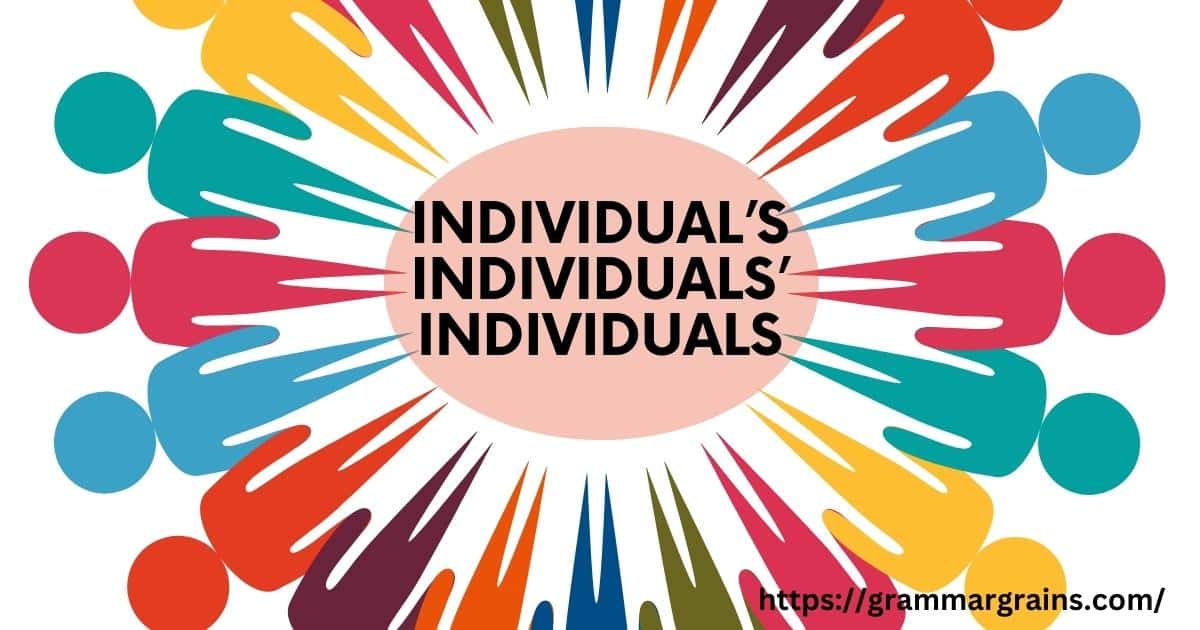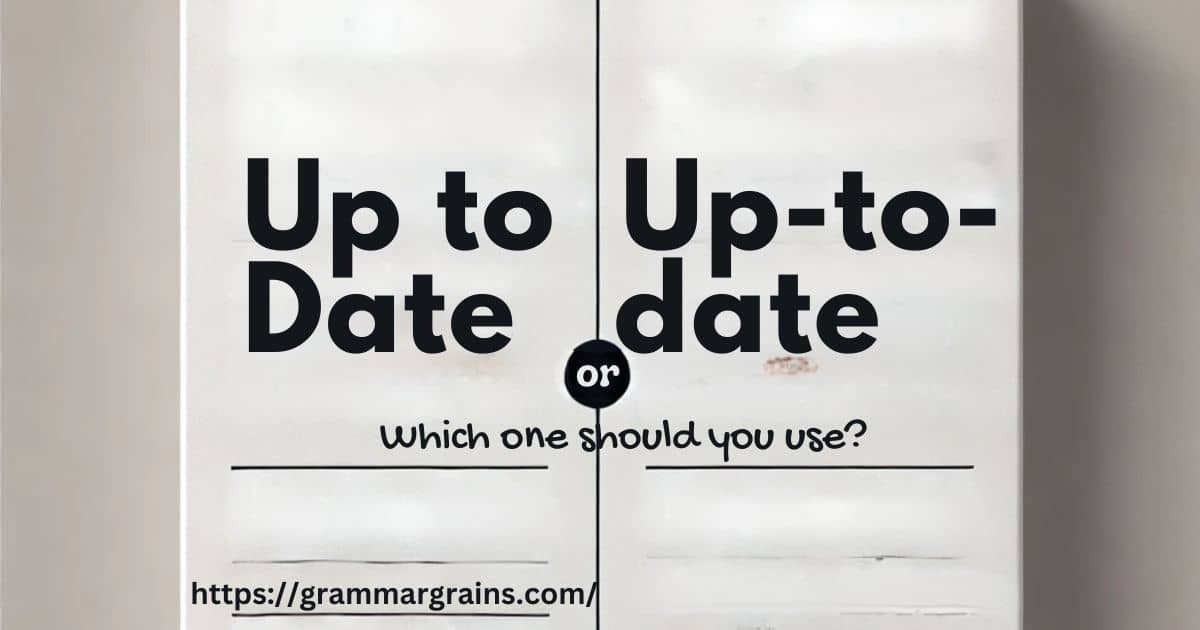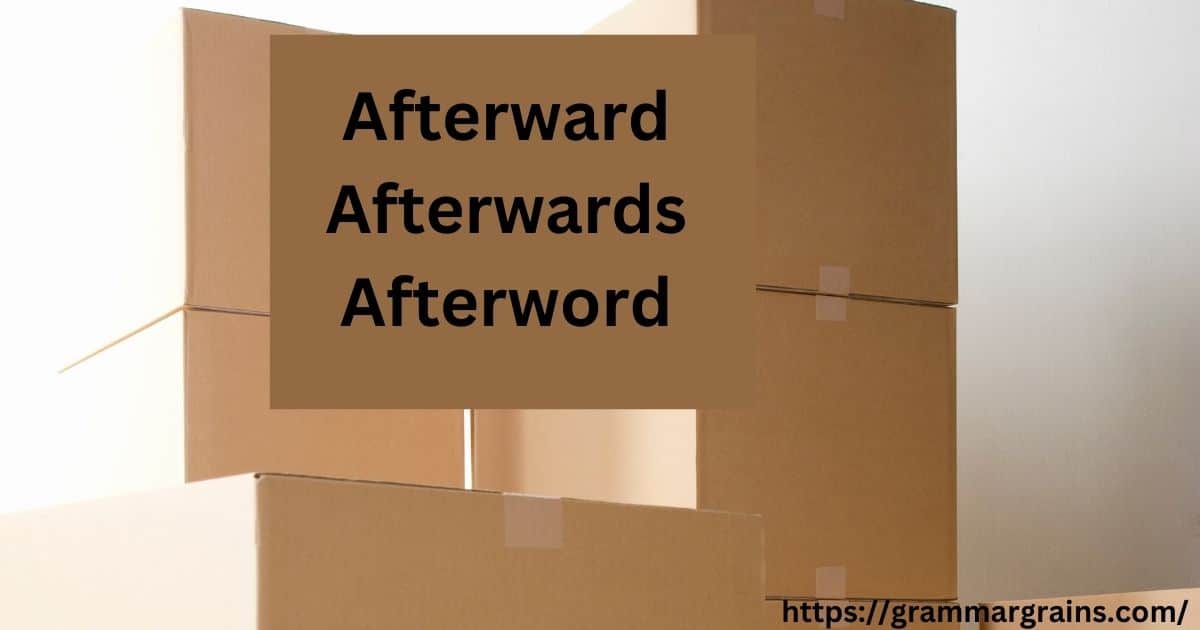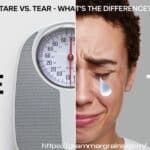Taila Lucy

Deciphering the Mystery of “Individual’s,” “Individuals’,” and “Individuals”
Understanding the distinctions between “individual’s,” “individuals’,” and “individuals” is essential for mastering English grammar. These terms, although similar in appearance, ...

Up to Date or Up-to-Date: Which One Should You Use?
Knowing when to use “up to date” versus “up-to-date” is essential for clear, professional communication. These two similar-looking phrases serve ...

Afterward, Afterwards, or Afterword: Choosing the Right Word
Choosing the right word between afterward, afterwards, and afterword can elevate your writing. These terms sound similar but serve different ...

Togather vs. Together: Which Is Correct?
Togather vs together is a common confusion in English. Many people mistakenly use togather instead of the correct word, together. ...

“Skill-Set,” “Skillset,” or “Skill Set”: Which is Right?
Language reflects how societies evolve, and terms like “Skill-Set,” “Skillset,” or “Skill Set” demonstrate these changes. These terms appear often ...

Connector or Connecter: What’s the Correct Spelling?
Connector and connecter are two spellings that cause confusion among English speakers. Many wonder which one is correct and why ...

Understanding “Agency’s,” “Agencies’,” and “Agencies”
Understanding the difference between agency’s, agencies’, and agencies is crucial for maintaining clarity in communication, especially in professional settings. Misusing ...

Understanding the Plural of Hippopotamus
The word hippopotamus has multiple plural forms, reflecting its rich linguistic history. In English, the standard plural is hippopotamuses, formed ...

Comprehensive Alternatives to “The Text States”
Looking for ways to elevate your writing? Comprehensive alternatives to “The Text States” can transform your language into something more ...

The Power of “Thank You” in Professional and Personal Settings
Finding the right words to show gratitude is essential in professional interactions. While “Thank you for your interest” is a ...





